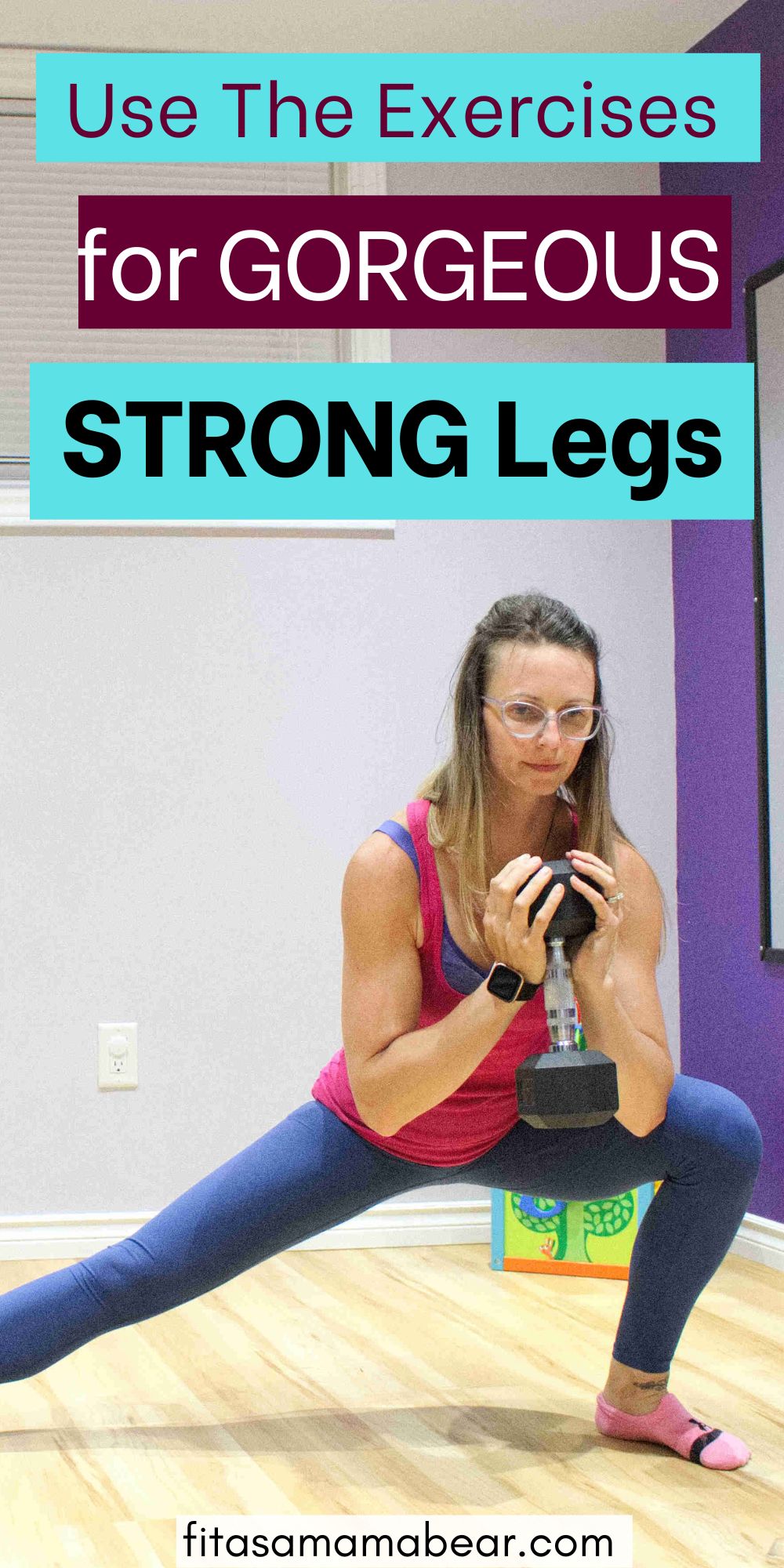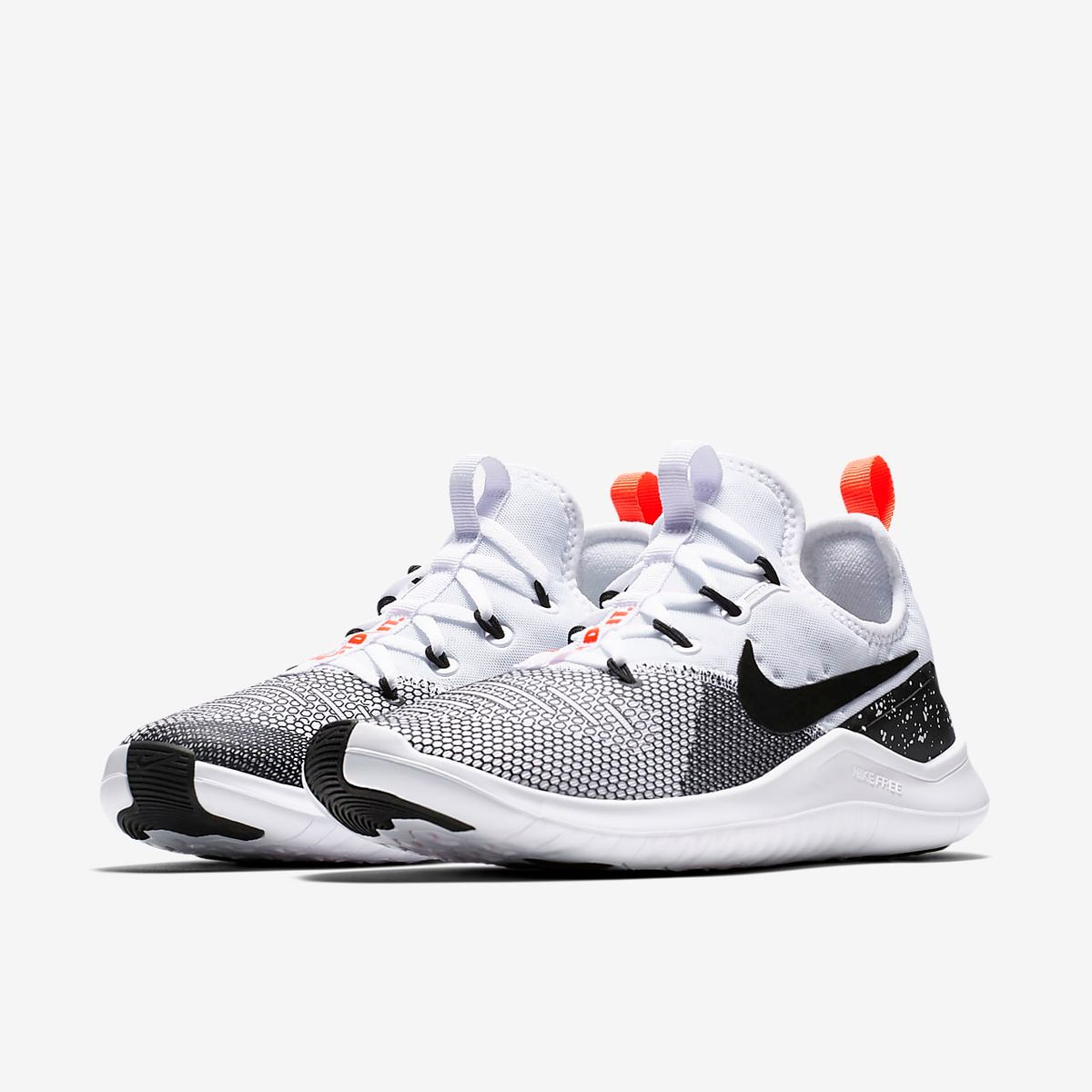
Philadelphia has many personal trainers. New fitness centers are popping up all around the city. A variety of classes such as group fitness classes or fitness bootcamps are very popular in Philly. Online personal training options are available that are easier than traditional in-person training.
Personal trainers assist individuals of all ages, abilities, and gender to help them reach their health goals. They can offer advice on nutrition, exercise, stress management, and how you can optimize your sleep. Amateur and professional athletes can also be coached by a professional fitness coach. A sports coach can help improve your speed, strength, or endurance. He can also help you recover from an injury.
When you're looking for a personal trainer in Philadelphia, it's important to find one who can customize your workout to meet your individual needs. Personal trainers know that different workouts do not work for everyone. If you're unsure about what kind of fitness program will be right for you, a personal trainer can help you decide. A personal trainer can also help you stay on track and hold you accountable.

It's important to find a personal trainer in Philadelphia who has the credentials you need. A personal trainer should be certified by a nationally recognized organization, and must have years of experience. A certification that includes liability and CPR and AED certifications is also a good idea. Lastly, a certified trainer should have an online profile available to you.
You can get certified in Philadelphia by taking a class at Community College of Philadelphia. They also offer a American Heart Association BLS/CPR certificate course. This is a course designed to educate fitness professionals about proper procedures for enforcing safety. Whether you're interested in getting certified in personal training or a career in fitness, you'll find the information you need at the College.
Once you've finished your coursework, you'll be issued a hard copy certificate as well as an online transcript. These documents can be used by potential employers to demonstrate how well-suited you are for a job. You'll also have access to a free profile on the Fitness Directory.
Start by filling out the RightFit Survey. The survey allows you to pick the location and time you want to meet with your trainer, and also gives you the opportunity to specify a goal. Your personal trainer will contact you to schedule your first session.

Philadelphia is a country with a rich history. It is home to the University of Pennsylvania. This university is known for being a leader in research, education, innovation, and teaching. Young professionals flock to this area to start their careers. In the coming decade, personal trainers' jobs are expected to increase by 19%.
Consider a degree or certificate in either exercise science, or athletic training if you are interested in a career working as a personal coach. In addition, you should take a specialization in injury rehabilitation, injury prevention, or fitness.
FAQ
Are there any exercises I shouldn't do?
Before starting any new exercise program, you should consult your doctor. You might have injuries or conditions that make it impossible to do certain types of exercise. Some activities also require special equipment. Swimming requires you to have a swimsuit and access to the pool.
Why is physical fitness important?
For our health, physical fitness is vital. Regular exercise is essential for maintaining our health, weight, strength, flexibility, cardiovascular system, and overall well-being. Exercise can help you sleep better, reduce stress, increase self-esteem, and increase energy levels throughout your day.
Can I eat while I exercise?
Yes. Yes. You can eat whatever you want while you exercise. Choose low-calorie snacks like watermelon. These foods provide nutrients that improve your performance during exercise.
Do I gain weight from exercising?
Not at all. In fact, exercise helps you to maintain your current weight. You can build muscle mass and speed up your metabolism by exercising regularly. This means that you won't store so much fat.
Statistics
- Globally, 28% of adults aged 18 and over were not active enough in 2016 (men 23% and women 32%). (who.int)
- One study showed that adults who watch more than 4 hours of television daily had an 80% higher risk of death from cardiovascular disease. (heart.org)
- Physical activity confers the following maternal and fetal health benefits: a decreased risk of pre-eclampsia, gestational hypertension, gestational diabetes (for example, 30% reduction in risk) (who.int)
- Adolescent girls were less active than adolescent boys, with 85% vs. 78% not meeting WHO recommendations of at least 60 minutes of moderate to vigorous intensity physical activity per day. (who.int)
External Links
How To
How to Burn Belly Fats Faster
When we are trying to lose weight, belly fat is often seen as a problem. If you look at it, belly fat is actually a positive thing. Your organs will be protected by the amount of belly fat. Let's now see how to quickly lose belly fat.
The main factors that lead to body fat storage are stress and lack exercise. Because of its stimulation of the production hormone cortisol, stress can make us feel hungry continuously. Cortisol can increase insulin levels in the blood. The excess calories are stored as fat by insulin. The release of adrenaline from our bodies causes increased appetite. These extra calories are broken down through exercise.
There are many ways you can reduce belly fat. All of these methods can be used, depending on your budget. Here are some tips to help you get rid of belly fat quickly.
-
Reduce the amount of food you eat. Eat smaller meals throughout the day rather than eating three big ones. This way, you'll consume fewer calories overall.
-
Drink plenty of fluids. Water helps flush out toxins from the body and keeps you hydrated. You won't overeat if you drink water before you eat.
-
Avoid eating unhealthy snacks. If you're looking for quick fixes, snack foods like chips, cookies, candies, etc. These tempting snacks might look appealing. These fattening treats are best avoided as they have too many empty calories and sugar. Choose healthier alternatives such as whole grains, vegetables, fruits, seeds, nuts and seeds.
-
At least three times per semaine, do strength training. Strength training builds muscle mass and burns more calories when you're not working out. Strengthening your bones, muscles as well ligaments, joints, tendons, heart and lungs.
-
Move regularly and stretch. Stretching can improve flexibility, mobility, and reduce back pain. Walking is great for burning calories.
-
Reduce alcohol intake. Reduce alcohol intake. Alcohol is a waste of calories and has no nutritional value.
-
Lose weight gradually. First, determine your current weight. Calculate your ideal weight by adding approximately 5% to 10% of the total weight. Once you have determined your ideal weight, you can start to reduce your calorie intake by 500-1000 calories per day until you reach it.
-
Avoid processed food. These foods have high amounts of salt, sugar, and preservatives. These processed foods are often convenient, but they lack enough nutrients for good health.
-
Don't skip breakfast! Breakfast improves concentration, memory, energy, and stamina. Protein (like eggs), fiber and complex carbohydrates (like oatmeal) should be included in breakfast.
-
Have regular bowel movements. Gas and bloating can result from irregular bowel movements. This can be prevented by drinking plenty of water and increasing fiber intake.